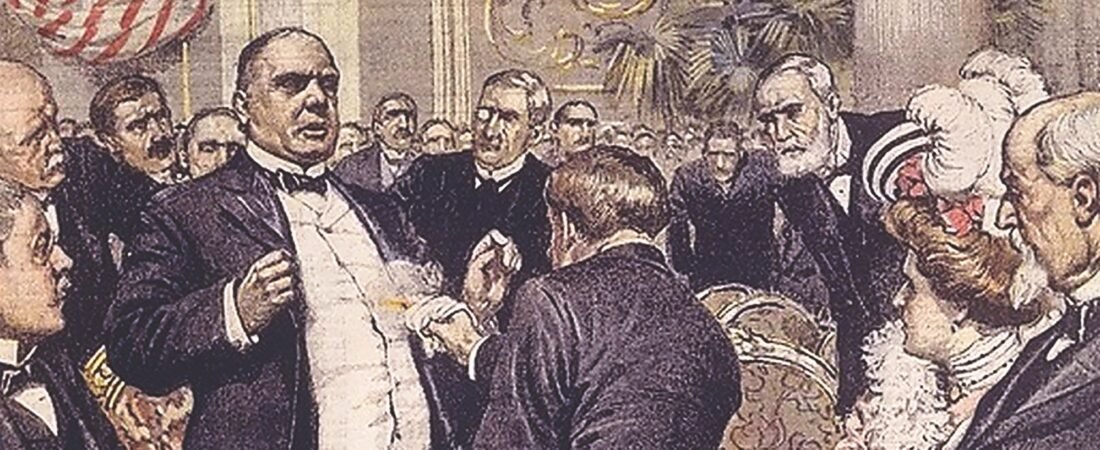The Immediate Consequences: Shattering Lives
The assassination of an individual reverberates far beyond the bullet that takes their life. The immediate aftermath unfolds as an emotional maelstrom, profoundly affecting the victim’s loved ones, friends, and the broader community. For family members left in the wake of such violence, grief is often just the beginning of a complicated and painful journey. The profound sense of loss shatters their reality, leading to feelings of anger, confusion, and deep sadness. This loss transforms not only their emotional landscape but also their daily lives as they grapple with the vacuity left behind.
Political Repercussions: A Shift in Power Dynamics
These violent events often serve as a catalyst for substantial changes in power dynamics within a society. The ripple effects of such tragic events can lead to immediate and far-reaching political ramifications, including the emergence of power vacuums. When a leader is abruptly removed, it can trigger a scramble for authority, often resulting in a shift in government power. This vacuum can provide an opportunity for alternative factions, whether political groups, military entities, or other influential actors, to assert control over the government.
In the wake of assassinations, public sentiment often undergoes a striking transformation. The populace may experience feelings of outrage, fear, or insecurity, prompting calls for heightened security measures. Governments, in turn, may respond by expanding their powers, which can lead to increased authoritarian measures. Overall, the political implications of an assassin’s bullet extend beyond the immediate loss of life. They pave the way for shifts in governance, changes in public attitude, and potentially increased authoritarianism, all of which underscore the profound impact of such violent acts on society’s political fabric.
Instilling Fear: The Broader Social Impact
An assassin can instill a pervasive atmosphere of fear that permeates society. When a public figure is targeted, the repercussions are not limited to the grieving family or the immediate community. Instead, they evoke widespread anxiety that can stifle public discourse and suppress dissenting voices. Individuals may become reticent to express their thoughts, fearing potential retribution or isolation as a consequence of the political climate shaped by such violence.
This culture of fear can lead to self-censorship, where citizens, activists, and scholars choose to remain silent rather than risk the dangers associated with vocal opposition. In countries or regions where political assassinations occur frequently, the chilling effect of such acts can discourage even the most courageous individuals from engaging in activism or critical discourse. Consequently, complex issues may go unexamined, limiting the range of perspectives that contribute to public debates and ultimately stymying societal progress.
Examining historical case studies provides insight into this broader social impact. For instance, the assassination of political leaders in various contexts has frequently resulted in an intensified atmosphere of suspicion and fears among the populace. In the aftermath of such incidents, community members often grapple with profound uncertainty regarding their safety and the stability of their society. Activists and civil society organizations report diminished participation and engagement, as potential contributors hesitate to involve themselves in issues of importance due to the risks involved.
Ultimately, the atmosphere of fear created by political violence extends its influence, shaping not only perceptions but also actions and ideas within society. As fear becomes ingrained, the vibrant discourse necessary for a healthy democracy fails, leaving a vacuum where various viewpoints and the pursuit of justice once thrived.
Voices Stifled: The Long-Term Effects on Public Discourse
The tragic occurrence of political assassinations often reverberates far beyond the immediate loss of life, with lasting ramifications on public discourse and democratic engagement. These violent acts can instigate a chilling effect, leading to a pervasive climate of fear that significantly diminishes civic participation and public trust in institutions. Citizens who once felt empowered to express their opinions and engage in political activities may retreat into silence, hindered by the unsettling awareness of potential repercussions.
This erosion of civil society is not merely a temporary setback; it can have profound implications for the health of democracy itself. When voices are silenced, important debates about policies, governance, and ethical decision-making become stifled. Individuals may hesitate to engage in discussions or advocate for change, fearing that their involvement could put them in jeopardy. As a result, the vibrant exchanges that are crucial for democratic engagement become limited, narrowing the scope of public discourse.
To counteract these detrimental effects, resilient civic engagement initiatives become paramount. These initiatives can provide safe spaces for dialogue, allowing individuals to reclaim their voices in the wake of violence. Encouraging inclusive discussions through community forums, educational programs, and public demonstrations can help reinvigorate civic participation. Moreover, fostering an environment that emphasizes open dialogue, and creative political expression enables society to confront and heal from the trauma of political violence.
Ultimately, it is essential for communities to foster resilience in the face of adversity. By prioritizing civic engagement and restoring faith in democratic institutions, societies can work towards mending the fractures caused by political assassinations. Through these efforts, the vitality of public discourse can be revived, ensuring that the voices of all citizens remain heard and active in shaping the future.


Leave a Reply